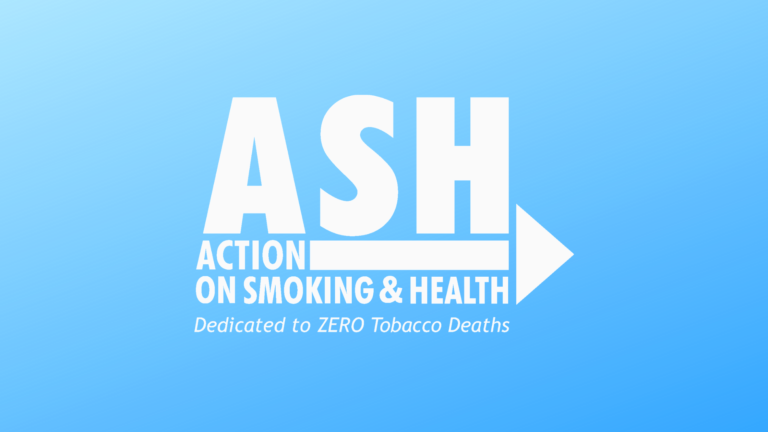
Statement from Laurent Huber, Executive Director of Action on Smoking and Health, on the passing of former Uruguayan President Tabaré Vázquez
[Español abajo] Statement from Laurent Huber, Executive Director of Action on Smoking and Health, on the passing of former Uruguayan President Tabaré Vázquez It is with a heavy heart that we note the passing of former Uruguayan President Tabaré Vázquez. Dr. Vázquez, an oncologist by training, was a champion of







